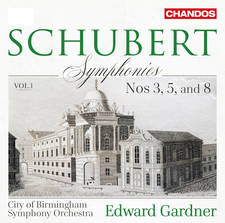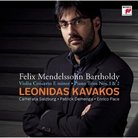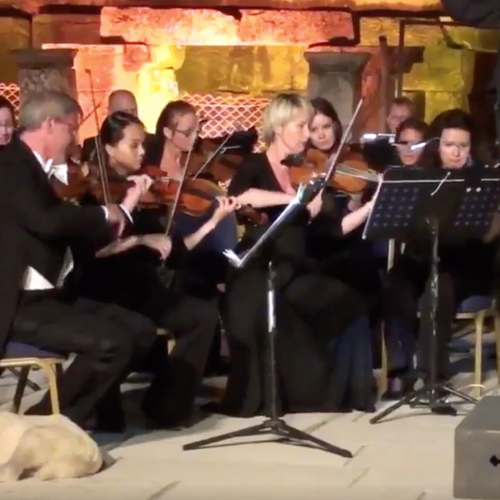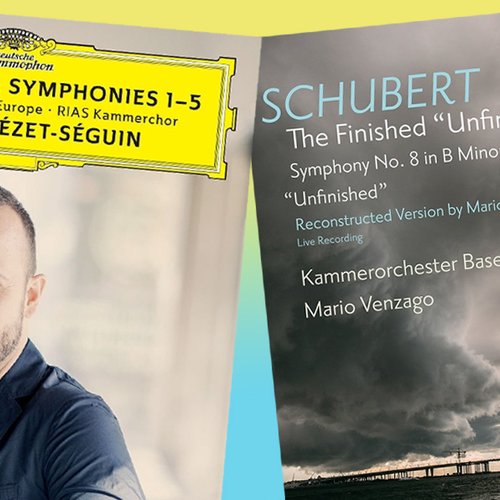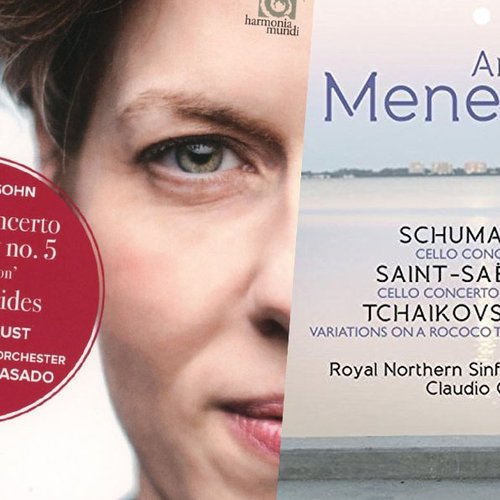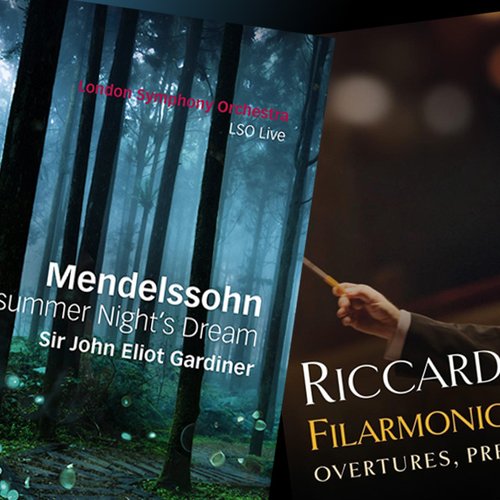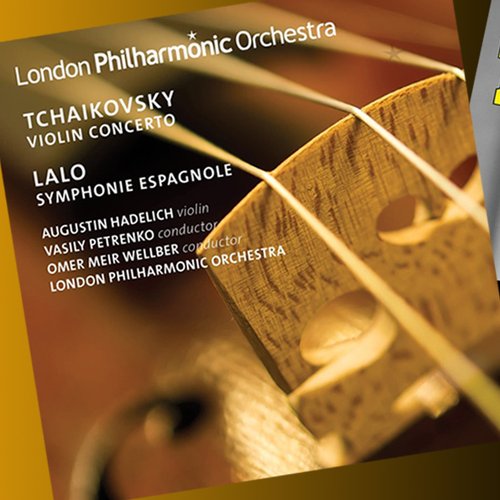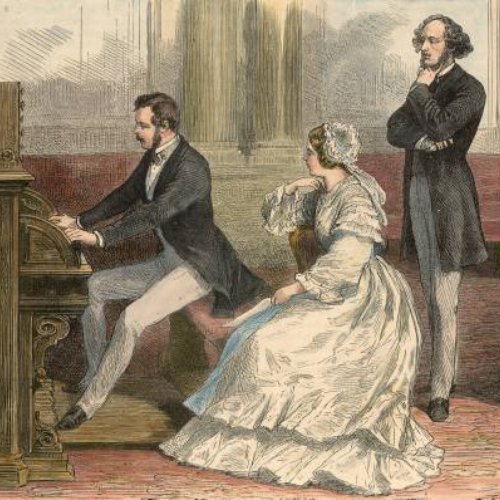Felix Mendelssohn's Piano And Organ Music
His piano music showcases a Mendelssohn trademark –sounding as though written for three hands, Mendelssohn’s innate conservatism and disdain of chest-beating bravado is most strongly felt in his solo instrumental music.
Schumann’s stream-of-consciousness flights of fancy on the one hand, and Liszt’s groundbreaking pianistic innovations on the other, were creative options temperamentally closed to him.
Yet if this is the one area in which Mendelssohn struggled to find an overall niche, behind such innocent-sounding generic titles as Prelude, Fugue, Capriccio, Fantasia and Etude lie a number of cherishable gems.
It is a sign of Mendelssohn’s devotion to Bach that his single finest piano work is a set of Six Preludes and Fugues Op.35, which opens with a swirling E minor Prelude that creates the uncanny impression of being written for three hands (a favourite Mendelssohn device).
Other piano highlights include the Andante and Rondo Capriccioso Op.14 (a hyper-active template for the finales of the concertos), the Variations Sérieuses Op.54 and the Piano Sonata in E major Op.6, which develops magically upon the opening movement of Beethoven’s Sonata in A major Op.101.
Nowhere is the tantalising innocence of Mendelssohn’s creative genius revealed more poignantly than in the eight books of Songs Without Words, 48 genial miniatures that include such favourites as Hunter’s Song Op.19, Spring Song Op.62 and Spinning Song (or Bee’s Wedding) Op.67.
Mendelssohn was one of the first mainstream Romantics to pay the organ any serious attention. He wrote a delightful series of occasional pieces that climaxed in the majestic Six Sonatas Op.65.

